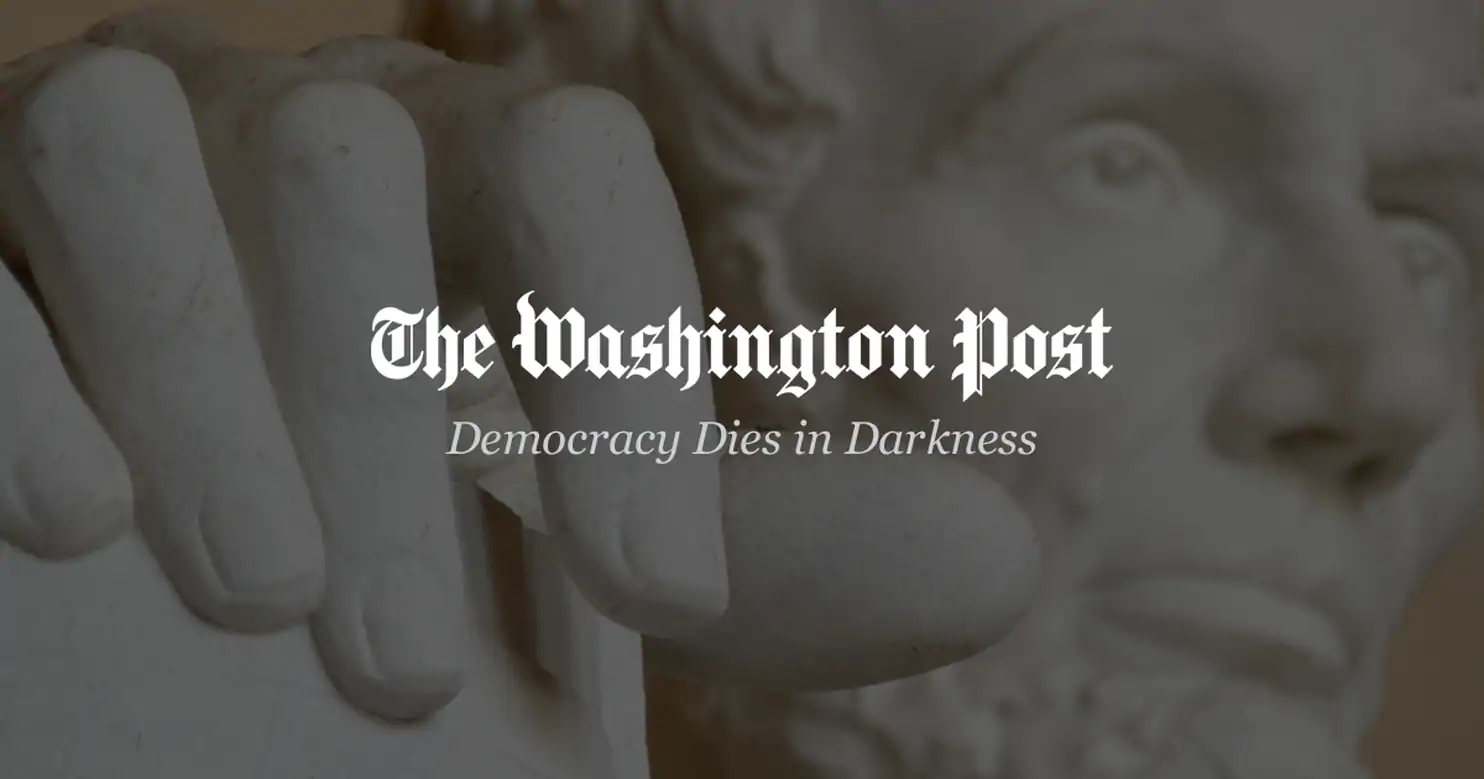Project Veritas wins lawsuit against New York Times — Analysis

An order has been issued by a judge to the New York Times for the return of internal documents related to Project Veritas. The New York Times was cited in an article published last month. The report had sparked allegations that the FBI was behind the memos’ leak.
In his ruling on Friday, Justice Charles Wood of the Westchester County Supreme Court in New York state ordered the New York Times to give Project Veritas back any physical copies of legal memos prepared by the media watchdog group’s attorneys and to erase all electronic copies.
He also upheld the temporary injunction issued by him last month prohibiting further publication of information from memos. He said that the documents did not constitute a matter of public concern, adding that they fell under the group’s expectations of privacy that outweighed concerns about press freedoms.
“Steadfast fidelity to, and vigilance in protecting First Amendment freedoms cannot be permitted to abrogate the fundamental protections of attorney-client privilege or the basic right to privacy,” Wood ruled.
Project Veritas raised objections against a November 11 New York Times piece that purportedly disclosed how Project Veritas sat down with its lawyers. “gauge how far its deceptive reporting practices can go before running afoul of federal laws.
The article’s timing prompted outrage and suspicions that an FBI source might have leaked the newspaper confidential data obtained during recent raids.
It came out in less than a week after an FBI raid of Project Veritas founder James O’Keefe’s home – as part of an investigation into the group’s acquisition of a diary supposedly belonging to Ashley Biden, the US president’s daughter.
In a statement, Libby Locke, a lawyer for Project Veritas, said that the ruling affirmed the view that the New York Time’s behavior had been “irregular.”
The New York Times is now a tool for partisan politics, having long lost the true meaning of journalism.
This decision was made as part of Project Veritas’ 2020 defamation suit against the New York Times. The paper had published an article in which the group accused the newspaper of participating in illegal activities. “deceptive” journalistic practices. Judge said these may be public interests, but not legal communications.
Meanwhile, New York Times publisher A.G. Sulzberger said the paper would appeal the ruling – claiming that it was without “apparent precedent”She maintained that all documents had been properly sealed. “obtained legally in the ordinary course of reporting.”
This story can be shared on social media
[ad_2]







